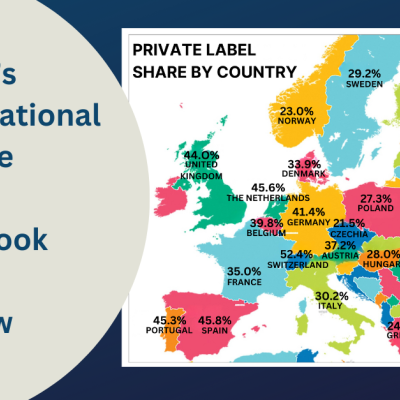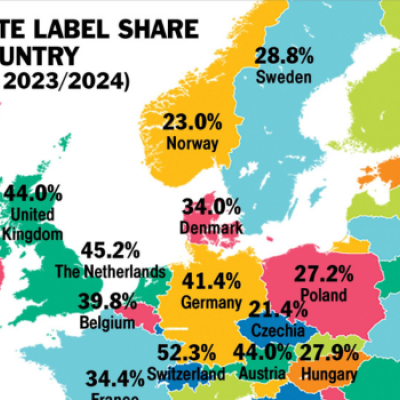Private label unit sales in the US, on the heels of a strong finish in Q4 of 2025, carried the momentum into the new year with a solid 2.3% gain for the period ending January 25, per Circana's first 2026 report to PLMA. National brands advanced by 2.4%.
After a subpar start to 2025, the final three months were much improved for retailer brand unit sales as they increased an aggregate of 4.6% over the same period a year ago.
Own brand dollar sales for the month of January 2026 were also positive, up by 2.3%; national brands were ahead 4.6%.
PLMA’s 2026 US Private Label Report, "Store Brands: A Bright Beacon In U.S. Retail Landscape," which documents the unprecedented levels of market penetration achieved by the store brands industry last year, is available online at www.plma.com.










